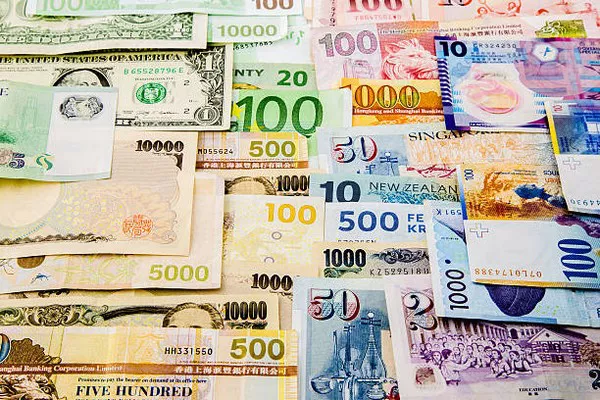The British pound surged to a three-month high against the euro today, reaching £0.8350, as political turmoil in the European Union (EU) drove investors toward perceived safer assets. The euro’s weakness follows a shock announcement from French President Emmanuel Macron, who called for snap parliamentary elections after his centrist coalition suffered heavy losses in the European Parliament elections. Far-right and left-wing parties gained significant ground, raising concerns about policy instability in the eurozone’s second-largest economy.
Sterling’s rally was further supported by stronger-than-expected UK trade data. The Office for National Statistics (ONS) reported a narrowing of the trade deficit to £1.2 billion in April, down from £2.8 billion in March, as exports to non-EU countries rose by 4.3%. The figures suggest that the UK’s post-Brexit trade strategy, particularly with Asia and North America, is beginning to yield dividends.
Currency strategists at Barclays caution that the pound’s strength may be temporary. “While the EU’s political risks are providing a short-term boost, the UK’s own economic challenges—including sluggish productivity and high public debt—could limit sustained appreciation,” said analyst Priya Patel. Markets are also closely watching the upcoming EU summit, where leaders will debate measures to stabilize the bloc’s political landscape.
In the UK, Prime Minister Keir Starmer welcomed the pound’s gains but warned against complacency. “A strong currency is beneficial, but we must focus on long-term competitiveness through innovation and skills development,” he said during a speech in Manchester. Meanwhile, the euro’s decline has raised concerns for UK exporters to Europe, as British goods become relatively more expensive. The Society of Motor Manufacturers and Traders (SMMT) reported a 6% drop in car exports to the EU last month, attributing the decline partly to exchange rate effects.
Looking ahead, analysts expect continued volatility in the GBP/EUR pair as political developments unfold. If the EU moves toward greater fiscal unity or implements stabilizing reforms, the euro could rebound, potentially reversing the pound’s recent gains.
You Might Be Interested In:


